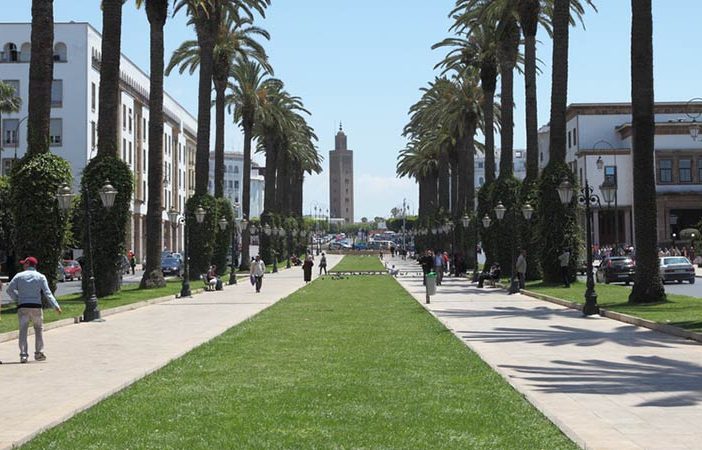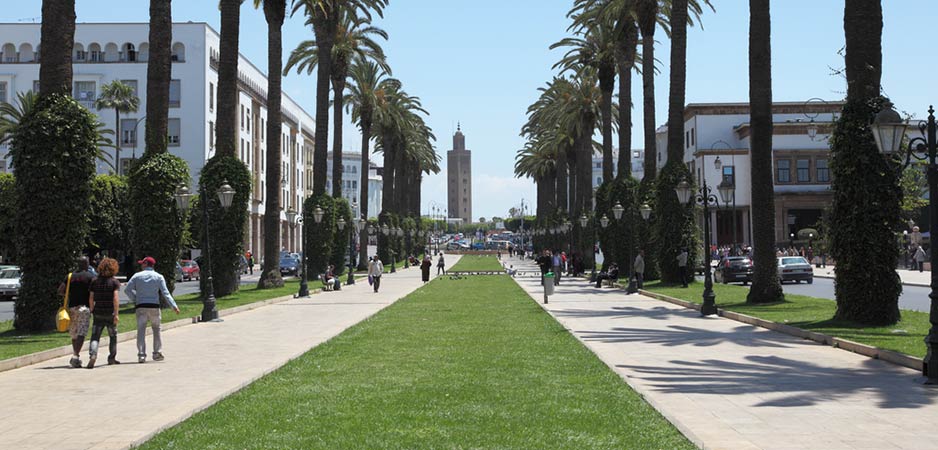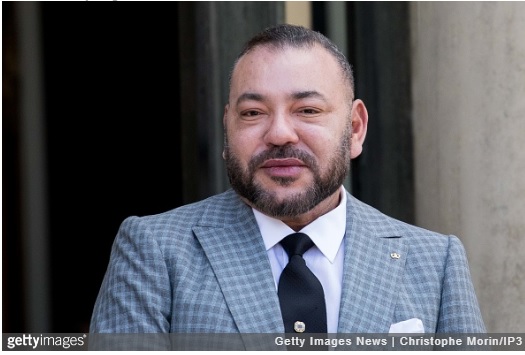Fair Observer
Jean AbiNader
The BBC has got it wrong about Morocco. While young people are frustrated with their options, there is still a strong sense of loyalty to the country.
In an article published last month with the title, “Could Morocco see the next uprising, after Sudan and Algeria?” the BBC demonstrated a misunderstanding of Moroccan society by conflating civil unrest and public dissatisfaction over the kingdom’s leadership with the overall stability of the country. Despite their behavior as autocrats, the former leaders of Sudan and Algeria are hardly the equivalent of Moroccan King Mohammed VI, the current ruler from the Alaouite dynasty that stretches back 400 years.
King Mohammed VI has managed to provide an overall vision for the country’s development that has raised the standard of living, increased high-value jobs in manufacturing and technology, brought order to the national development strategy, and opened up a society that still manifests lingering symptoms of wasta (connections) as a gateway to success despite one’s educational and social achievements.
But the king is no magician, and the number of young people dissatisfied with the country reflects his own impatience with government ministers who are unable to “fix” issues like youth unemployment, a weak educational sector, inefficiencies in public services and blatant abuses by the security services.
Morocco has its flaws. Parliament has never risen to its potential as an equal partner in policy leadership in the country. Its institutions still reflect a culture of deference to the royal palace that leave it lacking an independent judiciary, full protections of civil liberties and robust employment opportunities. Its handling of civil disobedience can be rough, as in responses to the 2016 Hirak Rif movement in the north and the pro-Polisario — a separatist group — demonstrations in the south.
Yet Morocco does not have overcrowded correctional facilities with political prisoners, its media is relatively open and it is creating jobs in new industrial centers, but not at a pace sufficient to meet the demand — a common problem throughout the Arab world.
Morocco has its own internal logic, quite different from Sudan and Algeria. Religious authority rests with the king and its parliament is led by an Islamic party. It has an unofficial Islamic opposition, Al Adl wa Al Ihsane (Justice and Spirituality), that eschews the monarchy and participating in government. And the country has religious training centers that prepare imams and others to promote moderate, Sufi-influenced Maliki Islam in Africa and Europe.
Of course, many of its young people want to leave. This is the reality of the region. Too many young people with mismatched education to job skills would rather test their options elsewhere than take jobs that require vocational and technical skills, again not unlike most of their peers in the Middle East and North Africa.
There are many initiatives to build job opportunities, but even the most optimistic know that the public sector cannot absorb more entrants, the private sector is unable to generate jobs at the same pace as graduates, and emphasizing enterprise and entrepreneurship to fill the gap requires more than words. Enabling new business means systematic, comprehensive, sustainable approaches. And it would help if securing business licenses, loans, permits and services was less arbitrary and more transparent.
So, the BBC has got it wrong about Morocco. While demonstrations are not uncommon, and while young people are frustrated with their options, there is still a strong sense of loyalty to the country, even with its shortcomings.
As a Moroccan friend noted: “The loyalty here is to the king and his vision, to the history that connects the people to the monarchy. But on a social level, I think that Moroccans are conflicted between all the hopeful signs that show we are actually doing much better than others in the region, and between the unmistakable déjà vu of the struggles of the 80s that marked the re-emergence of the social classes and the balance tipping in favor of the palace.”
Where these frustrations lead in the coming years will test the Moroccans’ commitment to the current political order — one that demands more robust and sustainable initiatives that enable youth to fully engage in the country’s future.
The views expressed in this article are the author’s own and do not necessarily reflect Fair Observer’s editorial policy.









